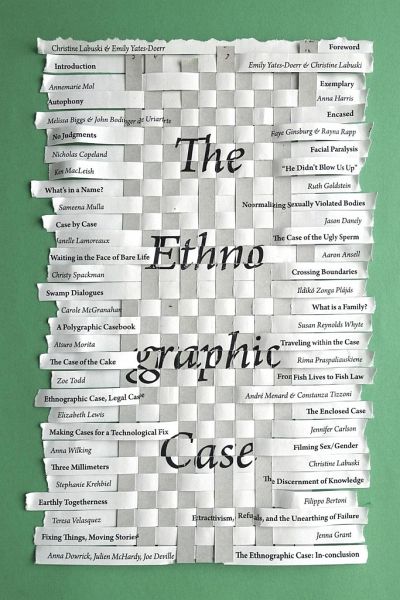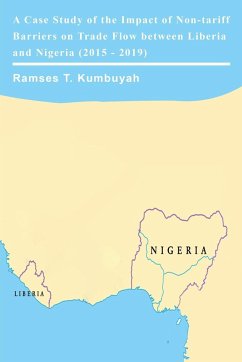
The Ethnographic Case
Second Edition
Herausgeber: Yates-Doerr, Emily; Labuski, Christine
Versandkostenfrei!
Versandfertig in 1-2 Wochen
41,99 €
inkl. MwSt.

PAYBACK Punkte
21 °P sammeln!
A doctor injects turpentine into the leg of a dying patient; the patient lives and years later a granddaughter uses this story of survival to write a story of her own. A refugee is questioned in court for falsifying paternity; a cultural expert intervenes to develop a legal case for kinship that exceeds DNA. The actions of a caring father pose a dilemma for how a filmmaker represents Ecuadorian sex workers. In all three chapters, "the case" shapes possibilities for action. In each chapter, the practice of case-making is also specific to the details of the case. The Ethnographic Case challenges...
A doctor injects turpentine into the leg of a dying patient; the patient lives and years later a granddaughter uses this story of survival to write a story of her own. A refugee is questioned in court for falsifying paternity; a cultural expert intervenes to develop a legal case for kinship that exceeds DNA. The actions of a caring father pose a dilemma for how a filmmaker represents Ecuadorian sex workers. In all three chapters, "the case" shapes possibilities for action. In each chapter, the practice of case-making is also specific to the details of the case. The Ethnographic Case challenges a widespread academic inclination to treat concepts as immutable mobiles. The contributions to this volume develop "ethnographic casing" as a technique of attending to heterogeneities in systems of thought. Medical cases. Legal cases. Museum showcases. Detective cases. Some cases featured are violent, others compassionate; some set stereotypes in motion, others break them down. Connected more by difference than similarity, the "cases" in this volume make a case for the virtue of relational science. This is a science that is not beholden to master narratives, but which embraces the double-work of caring for detail, while caring for the practices through which one learns to care. In 26 gripping and provocative installations, the volume showcases research from numerous influential feminist and decolonial scholars. Where anthropology has long sought to identify patterns in culture, this volume makes space for inquiry focused on particularities and advocates for an intellectual politics where that which seemingly doesn't fit is still allowed to matter.












